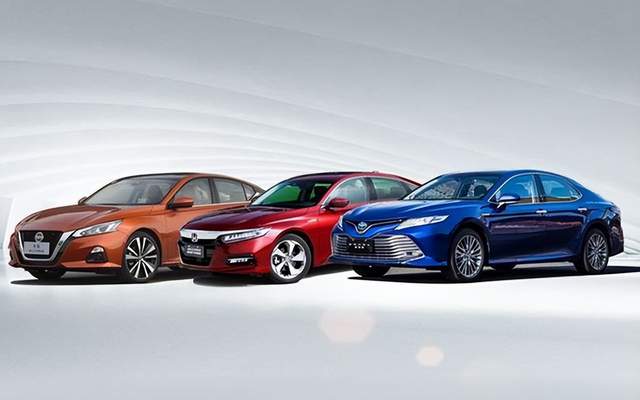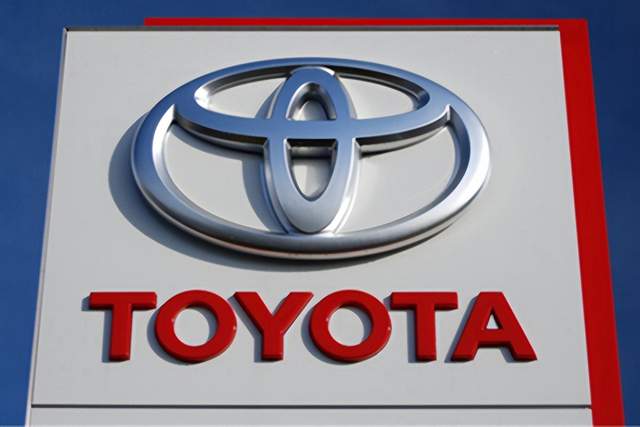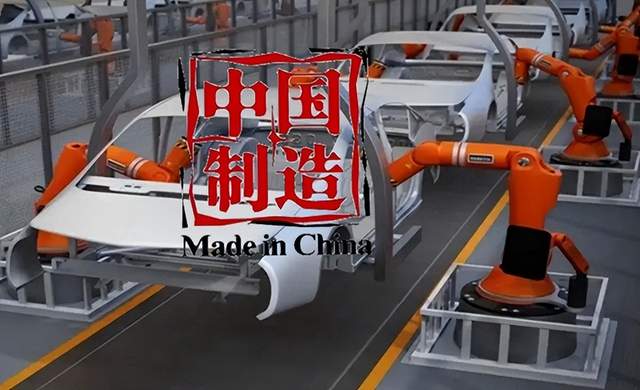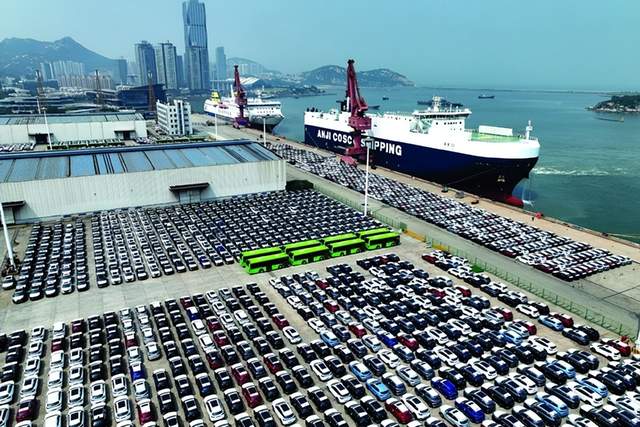From Quantitative to Qualitative Leap: Chinese Autos Surge Ahead, Japanese Counterparts Struggle
![]() 03/31 2025
03/31 2025
![]() 471
471
Recently, Toyota announced a 9.5% year-on-year increase in global sales for February, reversing a prior downtrend in the Chinese market. However, foreign media reports have highlighted that Japanese automakers, including Toyota, are experiencing a decline in performance.

Data from Nikkei News revealed a steep 25% year-on-year drop in operating profits for Japan's seven major automakers in Q4 2024, with even Toyota, despite its robust position, witnessing a decline in operating profits.
The setbacks faced by all Japanese automakers can be largely attributed to their initial struggles in the Chinese market. Suzuki, Mitsubishi, and Subaru have exited the Chinese market, Mazda is sluggish, and Toyota, Honda, and Nissan are striving to reverse their declining trends.
Toyota's performance in the Chinese market significantly outpaces that of Honda and Nissan. In 2024, Toyota's sales in China still declined by 6.9%, while Honda and Nissan experienced double-digit declines.

To maintain its market share in China, Toyota has embarked on a transformation, including establishing a wholly-owned factory in Shanghai to produce Lexus and collaborating deeply with China's electric vehicle industry chain to launch electric vehicles. One of its recently launched electric vehicles, aside from its self-developed body, features three electric systems and intelligent driving technology supplied by China's auto industry chain, priced affordably at just over 100,000 yuan.
Toyota's strategy appears to prioritize retaining the Chinese market, even at the expense of profit. The Chinese market, being the world's largest, is crucial for Toyota, and it cannot afford to lose its footing here. Thus, in addition to introducing low-priced electric vehicles to tap into China's new energy vehicle market, Toyota is also significantly reducing prices for its fuel vehicles.
In contrast, Honda and Nissan have struggled in China's new energy vehicle market. Honda recently launched an electric vehicle priced over 200,000 yuan, which has generally received a lukewarm reception from the industry. Nissan has failed to break through in this market, leading to a sharp decline in sales for both Japanese automakers in China.

With the rise of new energy vehicles, Chinese automakers have increased their domestic market share to nearly 70%, while foreign automakers have seen declines. Supported by the vast domestic market and the boom in new energy vehicles in 2024, two Chinese automakers have entered the top ten global automakers.
As Chinese automakers grow and develop, they are actively expanding into the international market. In 2023, China's automobile exports surpassed 5 million vehicles, outpacing Japan for the first time to become the world's largest exporter. In 2024, China's automobile exports further increased to around 5.8 million vehicles, widening its lead over Japan.
Chinese automakers' entry into the international market has put significant pressure on Japanese automakers, particularly in the European market, which is vital for Japanese automakers. Chinese automakers are capturing market share, forcing Japanese automakers to reduce prices, leading to profit losses.

Chinese automakers' international presence is no longer solely based on price; they have also made technological breakthroughs. Several Chinese fuel vehicle enterprises have achieved a thermal efficiency of over 40% for their engines, catching up with Japanese automakers, prompting them to collaborate to improve fuel engine efficiency and maintain their market lead.
What concerns Japanese automakers even more is the electric vehicle sector. The U.S. market has Tesla, the European market has local brands vigorously promoting electric vehicles, and China's electric vehicles are exported to the European market in large numbers. Japan's struggles in electric vehicle development are a significant source of worry for the industry.







